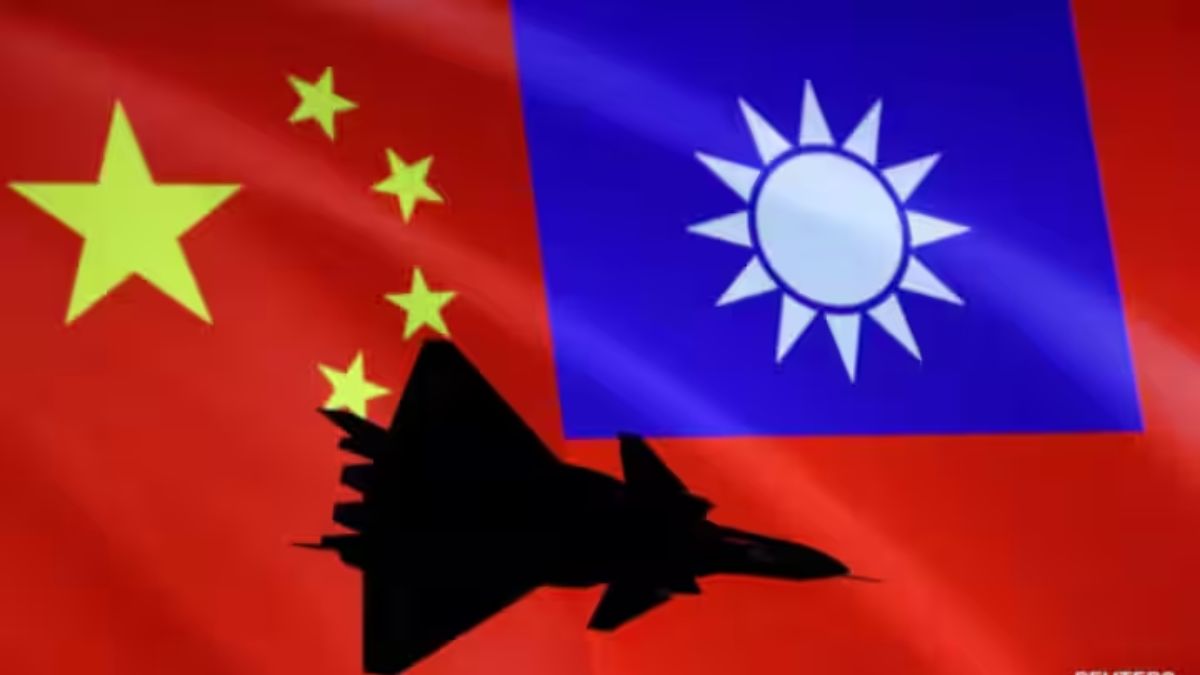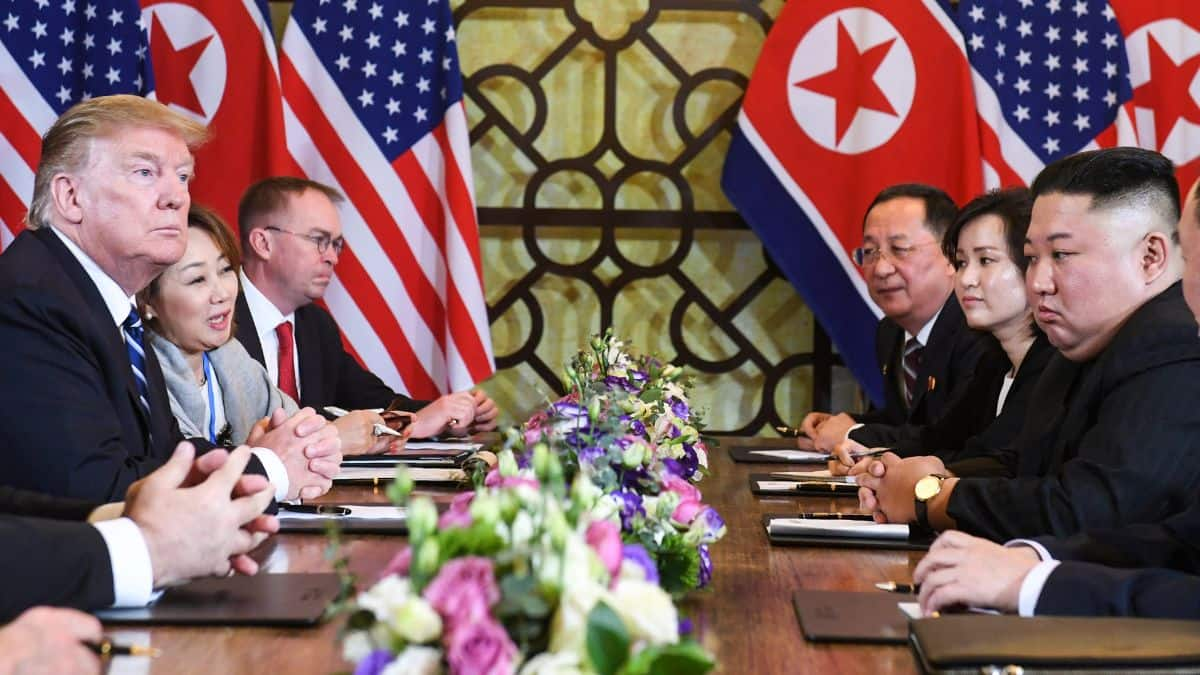China’s fourth-highest-ranked leader Wang Huning has renewed Beijing’s call for “peaceful reunification” with Taiwan, even as Taipei continues to reject what it views as attempts to erode its democracy and sovereignty.
Speaking at an event in Beijing’s Great Hall of the People marking the 80th anniversary of Taiwan’s “restoration” to Chinese rule, Wang who heads the Communist Party’s body dealing with Taiwan affairs said that both sides should work toward “peaceful reunification.” However, he warned that China “would not tolerate” any activities promoting Taiwanese independence.
Wang’s remarks, reported by state news agency Xinhua, come amid renewed symbolic tensions between the two sides, each framing the wartime anniversary differently. For Beijing, the occasion marks Taiwan’s “return” to Chinese rule after Japan’s 1945 defeat; for Taipei, it highlights its determination to defend democracy and autonomy.
Both sides continue to invoke dialogue, but their definitions diverge sharply. Beijing’s “peaceful reunification” implies eventual political absorption under the “One China” principle, while Taipei insists only its people can determine their future.
Beijing’s dual message: Reconciliation and red lines
Wang’s comments sought to pair an offer of economic and social cooperation with an unmistakable warning. According to Taiwan’s Central News Agency, Wang said that China would “take the lead in sharing the fruits of its development and progress with Taiwan’s people”, a familiar line meant to emphasise the benefits of cross-strait economic integration.
But analysts note that this conciliatory tone sits uneasily alongside the firm rejection of “Taiwan independence,” reflecting Beijing’s enduring dual strategy: projecting the image of peaceful engagement while drawing hard limits around sovereignty.
Impact Shorts
More ShortsFor China, the event served to reaffirm its long-standing narrative that Taiwan’s future lies in eventual reunification. For Taiwan, it reinforced why such a path is viewed with deep scepticism.
Taipei’s rebuttal: unity under democracy not submission
In a strongly worded response, Taiwan’s Mainland Affairs Council said Beijing was “repeating the same old message” and that China’s real aim was “annexation.” The council pointed to the “experience of Hong Kong” as proof that the “one country, two systems” framework touted by Beijing “ultimately amounts to authoritarian rule by the Chinese Communist Party.”
“The so-called development prospects under ‘unification’ hold no appeal whatsoever for the people of Taiwan,” the council added, highlighting that the island’s 23 million citizens overwhelmingly favour maintaining the status quo or greater autonomy rather than political merger with China.
While Beijing marked the anniversary as a milestone of historical unity, Taiwan’s government instead commemorated the 1949 Battle of Guningtou when forces of the Chinese Communist Party attempted and failed to seize Kinmen island, still controlled by Taipei today.
A tale of two anniversaries
President Lai Ching-te used the occasion to highlight Taiwan’s role as a frontline democracy. “We hope to further become a trusted security partner to our allies, and together build a strong line of defence to safeguard the values of freedom and democracy,” Lai wrote on Facebook.
The divergent commemorations capture the widening political and ideological gulf across the Taiwan Strait. For Beijing, reunification is framed as a historical inevitability and national duty; for Taipei, it represents an existential threat to the democratic system that has taken root since martial law ended in the late 20th century.
Dialogue or deadlock?
Both sides continue to invoke dialogue but their definitions differ sharply. Beijing’s “peaceful reunification” implies eventual political absorption under the “One China” principle, while Taipei insists that only its people can determine their future.
The result is a persistent stalemate: a diplomatic theatre where the vocabulary of peace masks competing visions of legitimacy. As Wang’s anniversary speech and Lai’s defiant message show, even symbolic events reveal the depth of mistrust that dialogue alone may struggle to bridge.
China and democratically-governed Taiwan, which Beijing views as its own territory, have repeatedly clashed this year over their differing interpretations of the 80th anniversary of the end of World War Two.
Taiwan was a Japanese colony from 1895 until 1945, when it was handed over to the Republic of China government, which in 1949 fled to the island after losing a civil war with Mao Zedong’s communists. That remains Taiwan’s formal name.
Taiwan’s government rejects Beijing’s territorial claims, saying only the island’s people can decide their future.


)

)
)
)
)
)
)
)
)



